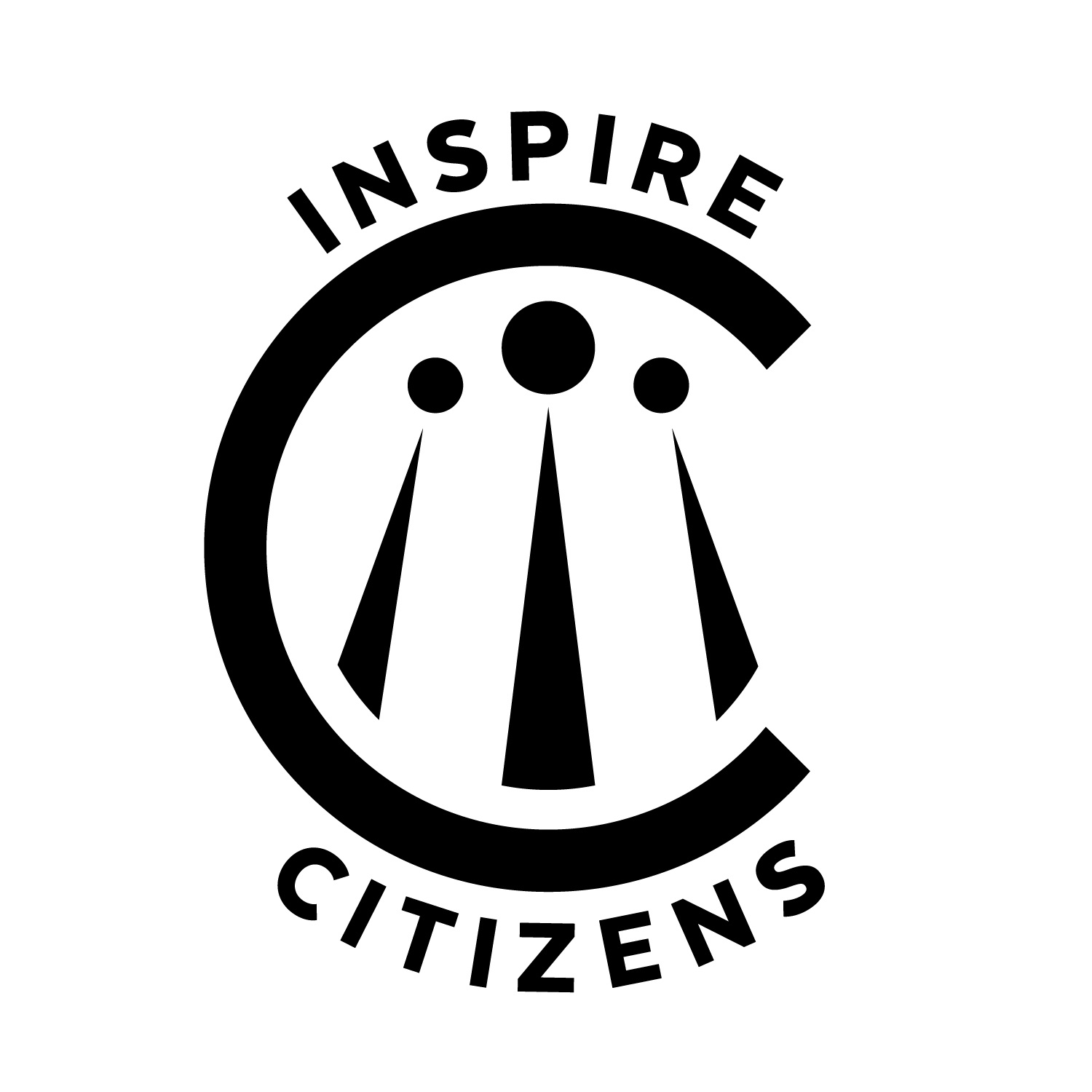Innovations with time and space: rethinking approaches to education
A slide from an Inspire Citizens/NESA innovation session earlier this year.
Maddy Hewitt, the director of NESA (Near East South Asia Council of Overseas Schools), has a vision for transforming education, and she wants to offer NESA leaders and educators the chance to participate in innovating throughout the region.
“We’re built for a different century, and we’re trying to transform and build anew,” explains Maddy. “There are four areas identified across our region where schools are interested in innovation and they include transdisciplinary learning, blended learning and individualized pathways for learners, professional growth and evaluation, and time and space in schools.”
With the fourth area - rethinking time and space in schools - Maddy reached out to Inspire Citizens as a partner. Together, they created a series of sessions where educators can meet, ideate and envision new pathways for the future.
“The Inspire Citizens team is well trained and experienced in systems thinking, and we know that reframing time and space in schools requires system innovation,” says Maddy.
Another partner, Tim Fish, Chief Innovation Officer at NAIS (National Association of Independent Schools), has been involved in this initiative and has produced a guidebook that portrays innovation as a journey or mindset. The guidebook also frames the landscape of innovation, and allows educators to identify the push/pull factors of innovation, systems awareness, causal relationships in managing change, and methods for realistically unpacking challenges along the way.
“From NAIS, we introduced school tools, and then Inspire Citizens has provided guidance to help educators realize their ideas of what can be,” smiles Maddy. “Seeing and sensing the systems is so important in this realm, as well as seeing some bold examples of what courageous educators are doing.”
Educators have engaged in three sessions so far and are coming up on the final session at a face-to-face gathering in Dubai. At that session, educators will share the story of their journey with innovating time and space, showcasing the challenges and the successes and what is underway or planned for the future at each school.
“We consider ourselves a community of practice,” says Maddy. “We practice, get together, practice, get together again. We have to learn from the field and from our problems, failures and struggles, just like students do in our classrooms. And hanging together is key; it’s like having a crew to help you on the journey and maintain transformational intent. We’re way-finding and checking in with each other at way stations.”
Inspire Citizens facilitator Ivy Yan agrees and is looking forward to facilitating the upcoming session with educators in Dubai.
“To me, time and space are like physical parameters limiting us from what we want to do in schools,” reflects Ivy. “For instance, if we truly want personalized learning for students but don’t allocate time for that, we’ll end up frustrated. How can we manage our time so we can achieve the things we want to achieve in the learning journey?”
The Inspire Citizens team has designed the NESA sessions to be disruptive and to help educators open up their imaginations in a radical way to be able to imagine exciting new models and paradigm shifts.
Some innovative models that have been explored by participants include:
The Agora School in the Netherlands (which features personalized learning and schedules tailored for each student)
The Loka School in India (which features culture, nature and the arts in holistic ways)
The Movida School in Japan (which imagines school as a living organism)
The online School of Humanity (featuring flexible schedules, personalized learning and an interdisciplinary, mastery-based curriculum)
Kaospilot, a 3-year university program in Denmark that features creative leadership and meaningful entrepreneurship
The online Tomorrow University which features interdisciplinary degrees in three streams: responsible entrepreneurship, artificial intelligence & sustainable technologies, and sustainability, entrepreneurship & technology
Some innovative provocations to consider from Thoughtbox Education.
Between 40-50 NESA educators have participated in these conversations about time and space, and most schools have a cohort of educators involved so they can design new structures together and work collaboratively towards system change.
“Change happens when we can share successes and models,” says Maddy. “It’s important to share exemplars and take baby steps. It emboldens us when we see it. There is going to be a period of disruption and it’s easy to revert to what we know because it’s comfortable. But how can we be courageous?”
NESA is leading these important and necessary conversations and allowing educators in the region to explore, experiment, prototype and innovate. Stay tuned for more stories from the schools where these systems changes are occurring.
Note: Ivy and Inspire Citizens founder Steve Sostak worked together to plan and lead this innovation series. With Steve’s death in February, Ivy will be facilitating the upcoming meeting with educators in Dubai. She, Maddy and everyone involved in this learning experience are mourning a deep loss, and Steve’s presence continues to be felt in every way with this journey.


